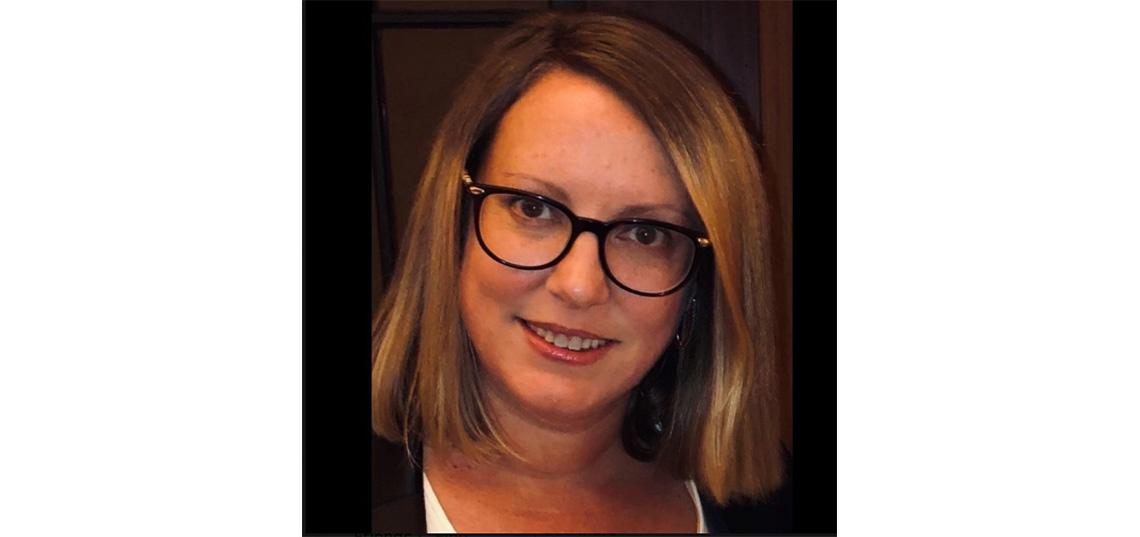
The journal Information and Learning Sciences, co-founded and co-edited by SC&I Associate Professor Rebecca Reynolds (LIS), is pleased to announce the publication of a free, openly accessible special issue of the journal containing 42 articles addressing emergency transitions to remote teaching under COVID-19.
The articles were written as rapid-turnaround responses to a call for pragmatic evidence-based guidelines on remote teaching strategies from the learning sciences and information science scholarly communities. All articles contain research-supported approaches for teaching in the following context categories: K-12, Higher Education, School/Public Librarianship, Parenting, Teacher Professional Development.
The articles and teaching strategies cross grade levels (K-12 and Higher Education) and span educational subject disciplines across humanities, to science, to computer science, to graduate education in areas like pre-service teaching. Articles address issues of the digital divide, cultural responsiveness of remote teaching with students and families in diverse communities, design of pedagogy specific to subject domains and problem contexts, assessment and evaluation, and more.
The full special issue can be found at this link on the Emerald website, categorized by thematic context, and offered for free in HTML and PDF formats for the next 6 months.
The introductory editorial by the co-editors, Reynolds and Dr. Sam Chu of University of Hong Kong is here:
The journal’s scope and mission and submission info is here.
Many of the articles are written pragmatically, with the education practitioner audience in mind. Given the free availability of the articles we hope to alert educators and librarianship practitioners across grade levels -- both within and beyond the academy to the availability of this resource, towards planning their pandemic remote teaching adaptations as necessary, into Fall 2020 and beyond.
The journal Twitter account is @InfoLearnJournl, if you would like to retweet and spread the word.
More information about the Library and Information Science Department at the Rutgers School of Communication and Information is on the website.
